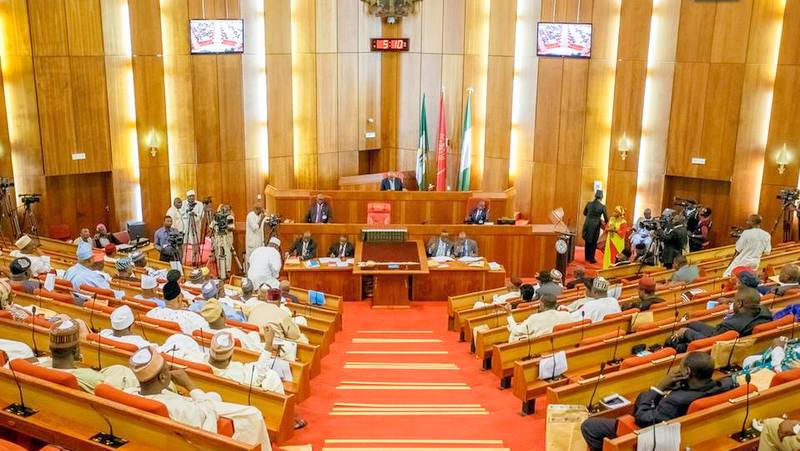Nigeria has made progress in its journey towards gender equality as a bill advocating for equal rights for women, men, and persons living with disabilities has been successfully read a second time by the Senate.
The bill, sponsored by Biodun Olujimi, Senator Ekiti South, aims to address various forms of discrimination and promote equal opportunities for all individuals.
Initially introduced in 2021, the bill faced opposition from certain senators who argued that it conflicted with Islamic perspectives and socio-cultural norms.
In response to these concerns, the lawmakers agreed that the bill should undergo revisions to address the objections before it could be considered and ultimately passed.
During the plenary on Wednesday, Olujimi led the debate on the bill, highlighting its potential to create a favourable environment for women and persons with disabilities once enacted.
She stressed that the bill sought to implement Section 42 of the Constitution of the Federal Republic of Nigeria, which aims to eliminate all forms of discrimination against women and ensure equal opportunities for everyone.
Olujimi expressed optimism about the positive impact of the bill, stating,
“You will find this bill beneficial for the clear and constructive ways the bill seeks to address several forms of issues bedevilling men and women in their constituencies in issues of land ownership, inheritance, education, employment, and the rising tide of sexual and gender-based violence in private and public spaces of institutions of learning.”
She also acknowledged the Senate’s previous passage of a bill on sexual violence in higher institutions in Nigeria, emphasising the bill’s role in protecting girls, women, and men from abuse and exploitation within educational settings.
Olujimi’s remarks highlighted the bill’s potential to build upon the existing legislative measures to combat gender-based violence and ensure individuals’ welfare in educational institutions.






